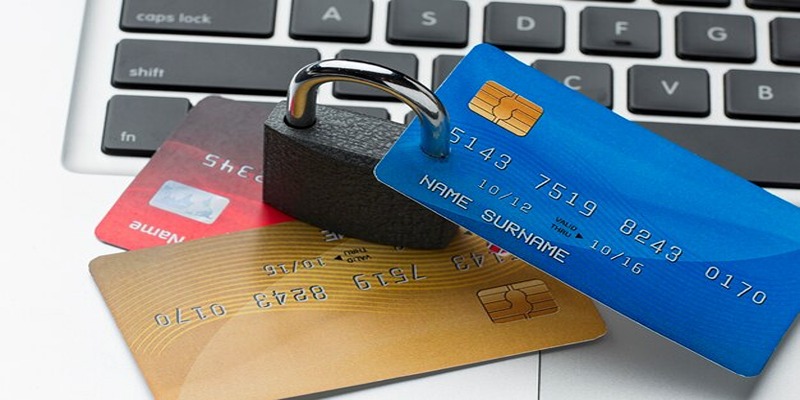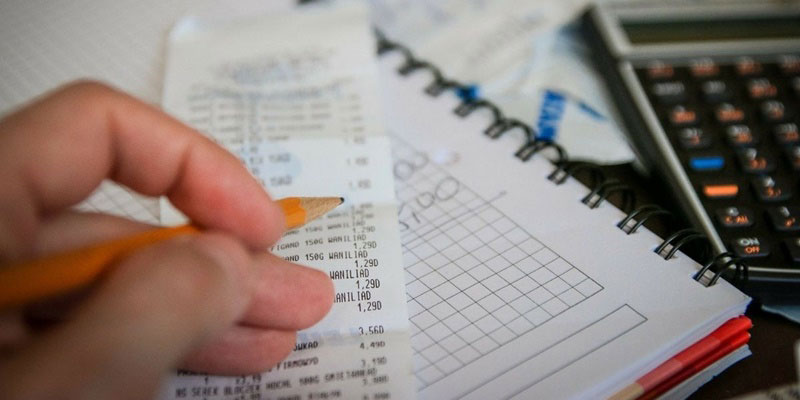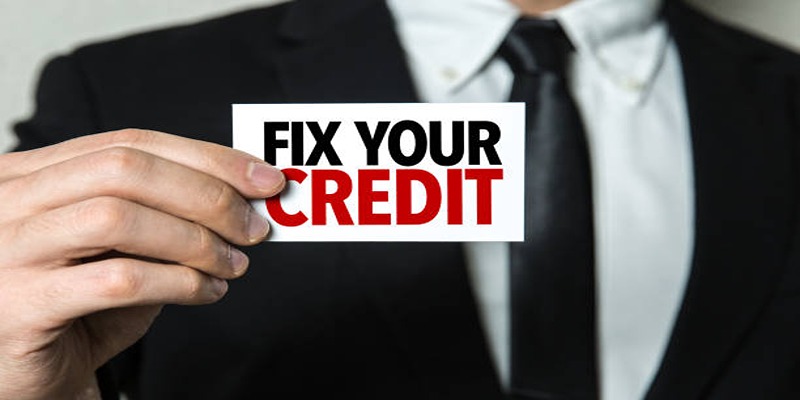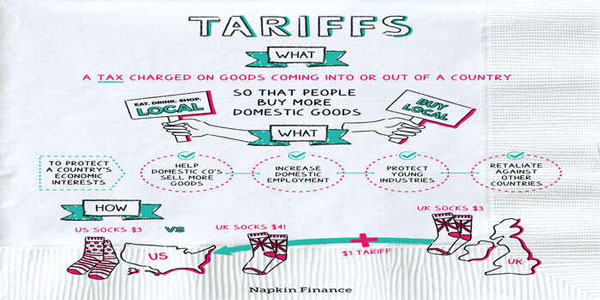Do you doubt if you owe a debt to someone? You have the legal right to demand that the debt collector provide evidence that you owe the money. Your right to debt validation is guaranteed under the Fair Debt Collection Practices Act of the United States federal government. Within the first thirty days after being contacted by the collection agency, you are required to send a written request to the debt collector asking for validation of the debt. You will better understand the debt validation process after reading the answers to these commonly asked questions about it.
What Is Initial Communication?
The first conversation between you and the collector regarding the debt will occur in how the collector decides to get in touch with you. It might be in the form of a letter or a phone call. The first contact between you should specify how much money is owed, who is owed it, and other relevant details. Within five days of its first contact with you, the debt collector is required to provide you with a written notification of your rights regarding the validation of your debt.
What Should I Do If, After The First Contact, I Do Not Get A Message Validating My Debt?
The notification of the debt validation was likely included in the first correspondence. As long as the notification is provided in written form, the FDCPA does not prohibit this practice. It's possible that you didn't even notice it. In any event, you are free to send your requests for debt validation regardless of whether or not the debt collector has contacted you with the debt validation notification. You must get the request in the mail before the 30-day window closes to guarantee that your legal rights are upheld.
What Should Be Included In A Notification For Debt Validation?
You should expect a written notification from the collector about validating your debt. The following items need to be included in it:
- Amount of debt that is owed
- The name of the person who is owed money
- The presumption that the debt will be considered legitimate unless it is disputed during the first thirty days
- Notice that you have the ability to seek proof of the debt during the next thirty days
- Notification that you have the ability, during the next thirty days, to obtain name and address of original creditor
How Can I Demonstrate That Debt Collector Got Validation Request?
It is recommended that you send your validation request by certified mail with a request for a return receipt when you send it. You may use the return receipt as evidence that the debt collector got your letter by using the return receipt. If you do not get the return receipt, you may use the tracking information printed on your verified postal receipt to verify the letter's progress with United States Postal Service.

What Should One Do If The Collector Does Not Respond?
When the collector receives your dispute, they must immediately cease all efforts to collect the debt from you. This may entail contacting you through phone or mail and noting the debt on your credit report. The collector can't commence collection efforts until it responds to your disagreement.
After The Validation Time Has Passed, Is It Still Possible For Me To Dispute The Debt?
In validation, you can send a letter validating a debt even after the 30-day validation deadline. However, the debt collector is not compelled by law to react to the validation request that you have made. Furthermore, the collector is under no obligation to cease all collection efforts regarding the account. If you want to use the rights that the FDCPA has granted you, you must ensure that you send validation letter within the first 30 days after getting debt validation notification.
What Should I Do If I Filed A Dispute Letter But The Collection Account Is Still Included On My Credit Report?
After the collector has received your dispute, they are prohibited from including the debt in question on your credit report. Check a few things before you start taking any action.
- Have you heard back from the collector about your dispute? Use the website of the United States Postal Service to verify that the letter was delivered to the collector, even if you did not obtain a signed return receipt from the post office.
- Have you sent the disagreement to the other party within 30 days? If you send in your dispute after 30 days, you will forfeit the ability to have your debt validated.

You may file a dispute with the credit bureau over your credit report if you are certain the collector got the dispute and submitted it within the appropriate time frame. You may provide a copy of your debt validation notification and a certified postal receipt as evidence that the debt should not be disclosed.











